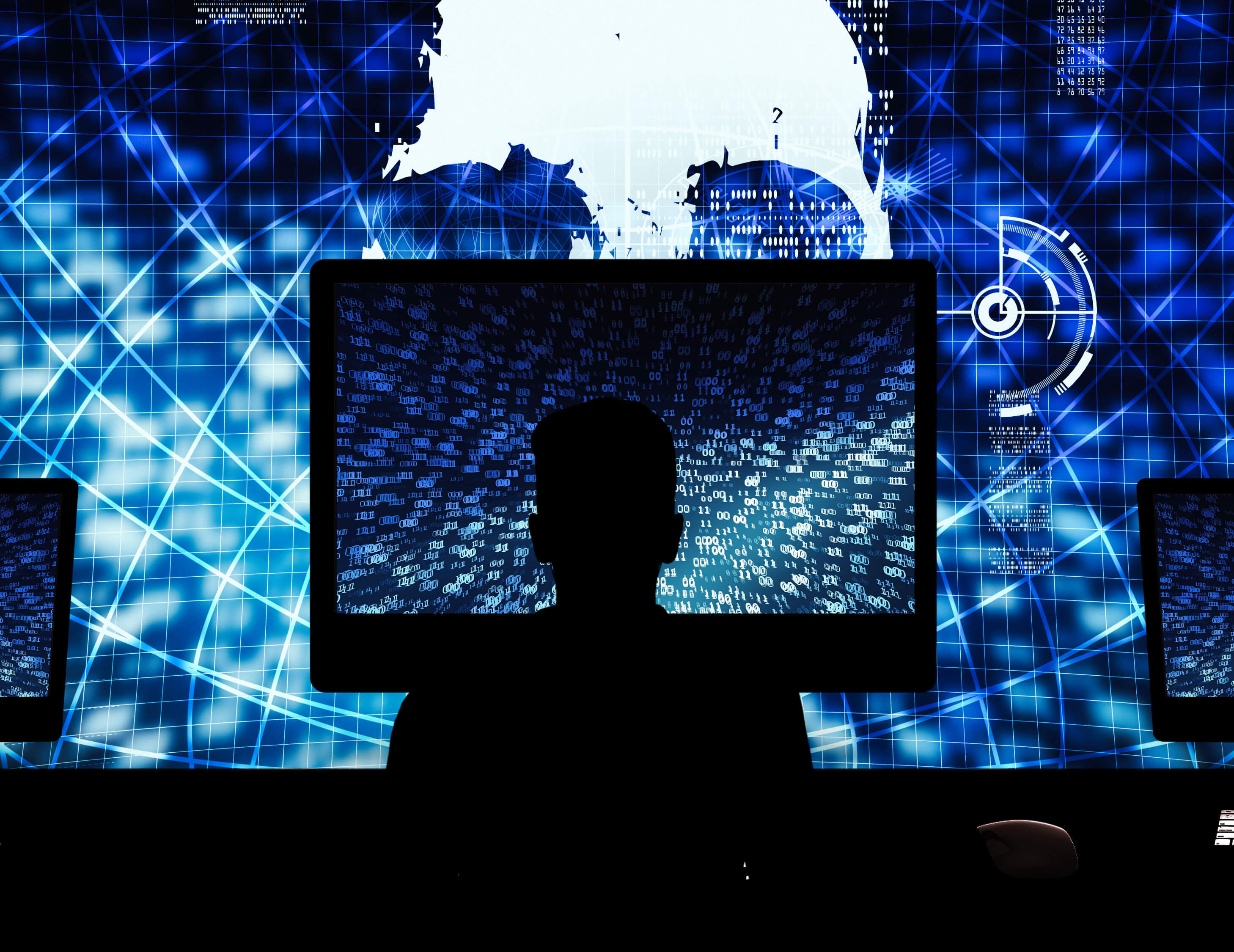Now vindicating that fear is the endemic problem of cyber-chaos threatening the pantheon of virtual (in)security. A cyber(in)security that defines our age of increased connectivity and heightened vulnerability. This is a cautionary tale that has been in the making for several years now, spanning various industries and sectors.
Cyber-chaos is coming, or already has
In late July of 2017, the cable network company HBO was hacked, with 1.5 terabytes of its data stolen and released piecemeal to the public, though all of the data has yet to be seen. Whatever the case, its aftermath, all the cyber-chaos, was profound. Every confidential, albeit benign, thing owned by the network was fair game, a weapon of cyber-warfare, from email correspondences to episodes of hit series, such as Game of Thrones and more.
But the humiliation borne out of the leaks and extortion did not stop there. The shameful display of hacking power was unassailable, even going as far as usurping the network’s social-media accounts as well. While some retribution has been meted out, the caveats remain, and many have dubbed it as “Hollywood under siege.”
The leak will be downloaded
HBO, however, is but a part of a growing trend of cybersecurity debacles that have been earth-shattering and normalized, unfortunately.
For Hollywood, at least, this began with the Sony Pictures hack of 2014, once “Hollywood’s worst cybersecurity breach,” a title now given to the HBO hack. The release of Sony’s 200 gigabytes of company data and incriminating emails, unlike at HBO, resulted in the subsequent ouster of Amy Pascal, a Sony senior executive, and a multi-million dollar settlement. Recall, too, the scandalous publication of 9.7 gigabytes worth of user data, going back to 2008, from the online dating site Ashley Madison. And consider too the security debacles at Target, with 40 million credit card numbers stolen, and Home Depot, at 56 million credit card accounts compromised.
This normalization of security breaches includes, too, that of the U.S. federal government, an entity (such as Sony, Ashley Madison and Equifax) neither outside of the reach of hackers nor above it. Originating in China, infiltration into the U.S. federal computer systems of the Office of Personnel Management (OPM) in the summer of 2015 pilfered the “sensitive information” of more than 21.5 million people.
Increased vulnerability in the digital world
Software, like ransomware or other malware, will continue to make unsuspecting individuals vulnerable to cyber-attacks, individuals who are only a few imprudent clicks away from becoming victims. The notorious “Locky” ransomware infected more than 23 million in just 24 hours. Ransomware is simply the surreptitious method of data theft as ransom, that is, for profit. The rise in these kinds of malicious software is the continued growth of the field of “crypto-virology” and the importance of data.
As data becomes an ever important commodity, perhaps worth more than oil, for extractive industries such as Silicon Valley, our activities online can no longer sideline the threat of cyber crimes, as well as crypto-virology and duplicitous software. This cannot preclude an understanding, too, that intellectual property and even classified data are under threat in places under different political regimes, such as China, North Korea or Russia. Cybersecurity threats come from non-state actors, too, such as the incident with the “Panama Papers” or with Wikileaks. Data is already so important in improving meteorological forecasting models, ever since Hurricane Harvey.
Hacks and leaks will continue to come with economic costs at about $15 million dollars, roughly 1 percent of a company’s annual revenues, in loss to an average American firm, which is twice the global average.
A semblance of security
The breach of data and its ramifications in this moment of cyber-chaos, however, are so significant still that the losses in security outweigh those of finance. Identity protection services will pop up and become necessary. It would behoove individuals to take up new security measures, such as installing two-step authentication login credentials, encrypting all outgoing and incoming messages or using scalable encryption apps such as Signal.
These cybersecurity measures may not always ensure wholesale protection against cybercrimes. Cyber-chaos is not just an externality of the digital age; it’s the underbelly. Theft of data and even piracy are the things that will have to compel companies to strengthen security concerns to protect intellectual property and classified data. It should have done so at Equifax, before the personal information of nearly 143 million Americans was compromised by a cybersecurity breach, late this week.
This will change everything.
Have something to add to this story? Comment below or join the discussion on Facebook.
Header image: Adobe Stock









































